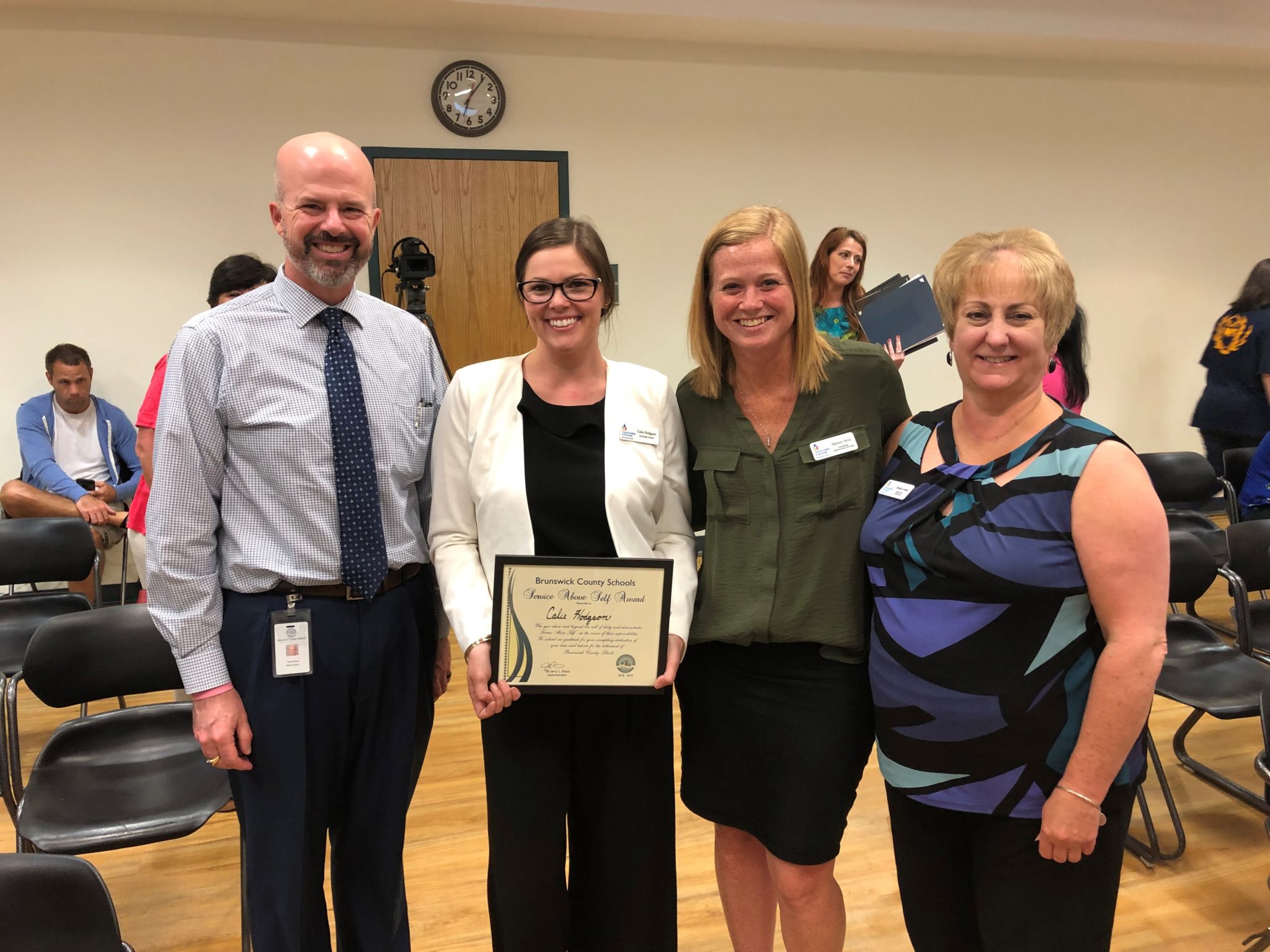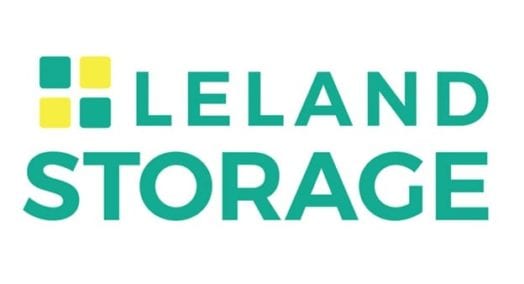Raise the Age in North Carolina
In 2019, North Carolina will finally raise the age, 100 years after creating the juvenile code that defined 16- and 17-year-olds as adults. Most 16- and 17-year-olds charged with crimes in North Carolina will no longer be treated as adults in the criminal justice system under the budget announced by the North Carolina General Assembly.
What is the Raise the Age Initiative?
According to the information legislators released regarding the state budget, North Carolina will raise the age of juvenile jurisdiction to 18 for those charged with misdemeanors and some low-level felonies. Law enforcement agencies and children’s advocates alike have shown support for raising the ages, citing a host of reasons from legal issues to developmental problems based on how a teen is tried in the justice system. The change would take effect later this year December 1, 2019. North Carolina is the last remaining state in the country that charges all 16- and 17-year-olds as adults, regardless of the offense.
“Raise the Age is one of the most profound changes I have seen to our legal system in the 23 years I have been a prosecutor. Youth who are now treated as adults will be handled as juveniles beginning in one month. The juvenile justice system is very effective because we currently have the luxury to slow down the process and examine cases with extreme care and deliberation. The introduction of these new offenders into our juvenile system presents both a challenge and an opportunity. I certainly envision an expanded role for our existing Brunswick County Teen Court program, and I am grateful for our strong partnership with CIS in this endeavor,” said Brunswick County District Attorney Jon David.
In 2017, North Carolina legislators included #RaiseTheAge legislation in the budget for implementation in 2019. We are no longer the last state in the nation to charge 16- and 17-year-olds as adults. When youth end up in adult court, there is limited access to rehabilitative programming, mentoring, counseling, and education. Evidence shows that the juvenile system – with programs tailored to how children think and learn – is more effective at rehabilitating youth. Fewer then go on to commit another crime, which means lower costs to society and more children growing up to become educated, employed citizens.
The North Carolina Youth Justice Project (YJP) works to ensure equity, fairness, and justice for youth in high-quality education, juvenile, and criminal systems. YJP’s vision is that all people and institutions will treat youth with love, empathy, fairness, respect, and dignity, and fulfill their other basic human needs.
“If this budget becomes law, most North Carolina children will no longer be treated as adults by the criminal justice system,” said Peggy Nicholson, co-director of the Youth Justice Project, an initiative of the Southern Coalition for Social Justice. “Instead of saddling our kids with the consequences of a lifelong criminal record, we will provide more effective and rehabilitative services to those who desperately need it. Raising the age protects our kids from the harms of the adult criminal system, as well as our communities by reducing recidivism rates.”
What changes will Raise the Age bring?
Exclusions (Considering past convictions)
Some juveniles are excluded from juvenile jurisdiction. Those who have previously been transferred to and convicted in superior court continue to be excluded from juvenile jurisdiction. Emancipated and married juveniles are excluded from juvenile jurisdiction. Newly excluded juveniles are those that:
- Have been convicted in either district or superior court for a felony or misdemeanor.
- All criminal cases for juveniles up to age 18 (with the exception of exclusions) will begin in juvenile court.
- For some class felony complaints, transfer to adult (superior) court is mandatory upon notice of an indictment, or a finding of probable cause after notice and a hearing;
- Juvenile court counselors must begin conducting gang assessment during intake.
Why Raise the Age?
Saves Taxpayer Money
There is ample evidence that raising the age could save North Carolina millions of dollars over time. Dramatic reductions in juvenile crime over the last decade have already led to long-term savings of more than $40 million a year. And the experiences of other states have found that raising the age is cost-effective.
Promotes Public Safety
Recidivism rates for 16- and 17- year olds handled by the adult criminal justice system are more than twice as high as those served by the juvenile justice system. The juvenile justice system is not a “get out of jail free” card. All crimes—especially when committed by youth—are a serious matter. The fact is: the juvenile justice system is better equipped to rehabilitate youth and encourage families to be engaged in the process as well.
Works for Youth and Youth with Disabilities
Two-thirds of children in the criminal justice system have at least one disability. The juvenile justice system is a far more productive setting for these children than the adult criminal justice system, because it offers needed services and support. The adolescent brain is still developing and responds well to interventions. With support, young people can learn to make responsible choices and are likely to grow out of negative or delinquent behavior.
2019 is the 20-year Anniversary of Brunswick County Teen Court! CIS and Brunswick County Teen Court support Raise the Age and are thrilled that it is becoming law during the 20th Anniversary of Teen Court. Teen Court provides an alternative system of justice for first time juvenile misdemeanor offenders ages 6-17 which will now include those through age 18 effective December 1, 2019. Primarily serving students at Brunswick County’s five high schools, Teen Court allows offenders to accept responsibility for their offense, have their case heard by a jury of their peers and complete a constructive sentence so they can avoid a juvenile court record.
Student volunteers are recruited from all five Brunswick County high schools and trained by adult volunteers with legal backgrounds to fulfill the roles of attorneys, jurors, clerks and bailiffs during case hearings. Offenders who complete their sentencing requirements in the designated timeframe can avoid a juvenile record.
Teen Court gives first time offenders a “second chance” to “get things right” and learn from their mistakes. It provides the student volunteers with an opportunity to practice their public speaking and presentation skills while learning more about the legal system. Teen Court is a partnership program between CIS and the 13th District Attorney’s Office. Raise the Age will enable Teen Court to grow and impact more youth who will stay out of the adult criminal justice system. Last year 81 first time offenders were afforded this opportunity through the Brunswick County Teen Court program.
When Raise the Age takes effect, juvenile court diversion programs like Teen Court will take on an increasing role serving local youth. Additional community volunteers will be needed to work with these offenders and help mentor student volunteers in the legal process of Teen Court. If you would like to help serve the youth in your community through the Teen Court program please contact Sam Davis, Brunswick County Teen Court Director, at 910-253-4087 or teen.court@brunswickcountync.gov. Unsure if this is the right fit for you? Drop by and observe a Teen Court session at the Brunswick County Courthouse. For stories and images of Teen Court and to see how the program has impacted lives visit www.cisbrunswick.org.




